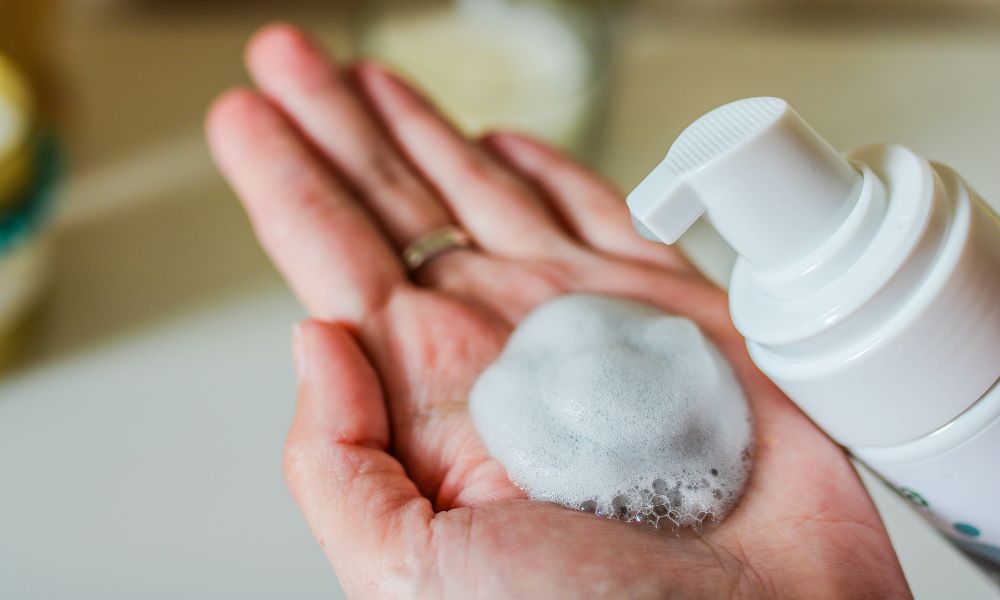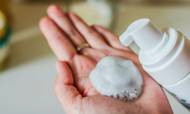Tips for Managing Incontinence While Pregnant
Posted by Jeanne Lowry on Jun 27th 2023

Pregnancy is an exciting and transformative time in a woman’s life. However, many challenges arise during that time, and one of those challenges may be incontinence. Fortunately, we’ve put together some tips for managing incontinence while pregnant that’ll provide helpful pointers for moms-to-be to effortlessly handle these challenges and stay as comfortable as possible throughout their pregnancy journey. Let’s dive into some essential tips to ease the discomfort and keep you feeling your best.
Choose the Right Products
Selecting the correct absorbent products is crucial in managing incontinence during pregnancy. Opt for products designed specifically for pregnant women—this can make a world of difference in terms of comfort and effectiveness. More specifically, look for those with a high absorbency rating, and try various styles to find the perfect fit for your changing body.
Monitor Your Fluid Intake
While staying hydrated during pregnancy is essential, being mindful of your fluid intake can help make managing your incontinence much easier. The key is to drink enough water to stay healthy while avoiding consuming large quantities in a short time. Limiting caffeine, alcohol, and carbonated beverages can also reduce bladder irritants and help decrease the need to use the restroom frequently.
Strengthen Pelvic Floor Muscles
Pelvic floor muscle exercises (Kegels) are a valuable tool for combating incontinence during pregnancy. Strengthening these muscles can provide essential support to your bladder and other pelvic organs. Include Kegels as part of your daily routine, and consider consulting with a pelvic health specialist to help optimize these exercises if you’re having trouble with them.
Prioritize Skin Hygiene
One potential issue with incontinence is that it can lead to skin irritation and rashes if not taken care of. That’s why it’s essential to maintain skin hygiene to stay comfortable and lessen the risk of infection. At the very least, wash the affected area gently with mild soap and warm water, then pat it dry. If you want to take it further, consider using an incontinence cleansing foam to provide gentle, targeted cleaning. Always select a product specifically for sensitive skin, as it will be gentler and less likely to cause irritation.
Consult With Your Healthcare Provider
If incontinence continues to cause significant discomfort, and these tips for managing it during your pregnancy haven’t improved things, be sure to discuss the issue with your healthcare provider. They can help determine the root cause of your troubles and recommend appropriate treatment options, allowing you to focus on enjoying this special time. Ultimately, a doctor will always be the best source of medical advice. We’re just here to help those looking for answers.

